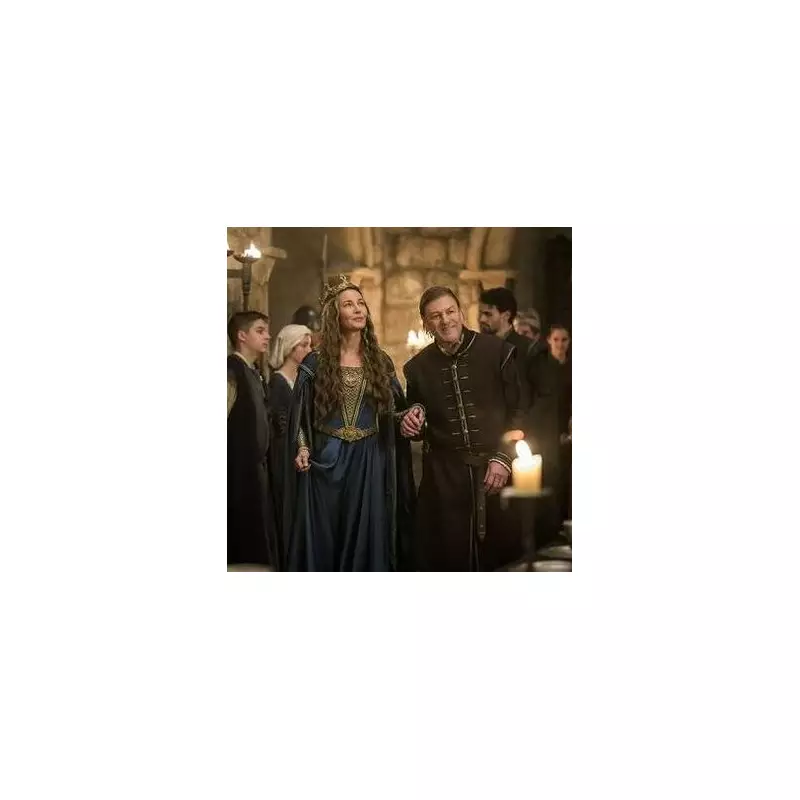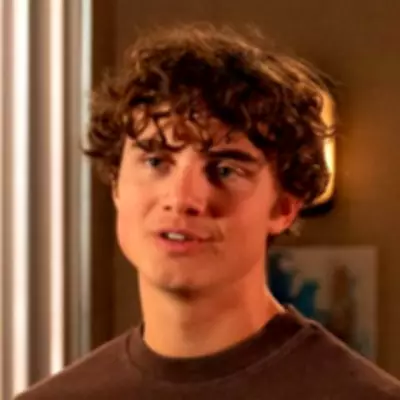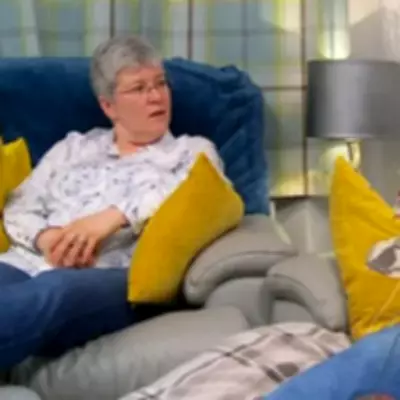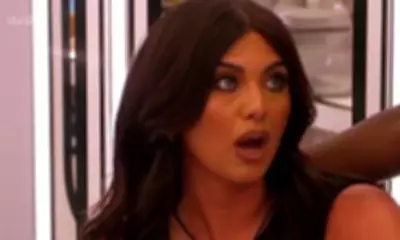
In a shocking revelation that will dismay fans of classic British television, Sean Bean has finally broken his silence about the abrupt cancellation of his 2006 Robin Hood series, exposing the behind-the-scenes turmoil that led to its premature demise.
The acclaimed Yorkshire-born actor, best known for his iconic role in Sharpe, portrayed the legendary outlaw in a lavish ITV production that promised to redefine the classic tale for modern audiences. Despite strong viewing figures and critical praise, the series was unexpectedly axed after just eight episodes.
The Budget Battle That Doomed Nottingham's Hero
According to Bean, the primary culprit behind the show's cancellation was a familiar foe in television production: financial constraints. "We did one series, and I think it was quite expensive," Bean explained during a recent interview. "They didn't want to spend that much money on it again."
The production values were indeed impressive for their time, featuring elaborate medieval sets, authentic costumes, and ambitious location shooting that brought the Sherwood Forest legend to life with unprecedented scale. However, these very qualities that made the series stand out ultimately contributed to its downfall when ITV executives scrutinised the budget.
Creative Differences and Missed Opportunities
Beyond the financial issues, Bean hinted at deeper creative frustrations that plagued the production. The actor revealed he had envisioned a grittier, more authentic portrayal of the medieval period, pushing for a version of Robin Hood that would resonate with adult audiences rather than family viewers.
"I wanted it to be a bit more authentic, a bit more realistic, a bit more grittier, a bit more like Sharpe, I suppose," Bean confessed. This creative tension between Bean's vision and the network's expectations created an underlying friction that may have influenced the decision to cancel.
A Legacy Cut Short
The cancellation came as a particular blow given the series' strong performance. The show had achieved respectable ratings and developed a loyal following that anticipated future seasons exploring deeper character development and more complex storylines.
Fans had particularly praised Bean's portrayal, which blended the character's traditional heroic qualities with the world-weariness and depth that have become hallmarks of the actor's performances. His Robin Hood was both a charismatic leader and a complex figure grappling with the moral compromises of his crusade against injustice.
What Might Have Been
Looking back, Bean's Robin Hood series represents a significant "what if" in British television history. Had it continued, it might have evolved into a long-running success story comparable to other historical dramas that found their footing after initial seasons.
The cancellation also deprived audiences of seeing Bean's interpretation develop over time, particularly his chemistry with Jonas Armstrong's portrayal of the character in the subsequent BBC series. "I think Jonas Armstrong did a great job," Bean generously acknowledged, though fans will always wonder how his own version might have matured.
This revelation adds another chapter to the fascinating history of Robin Hood adaptations on British television, serving as a cautionary tale about the delicate balance between artistic vision, audience expectations, and financial realities in television production.





